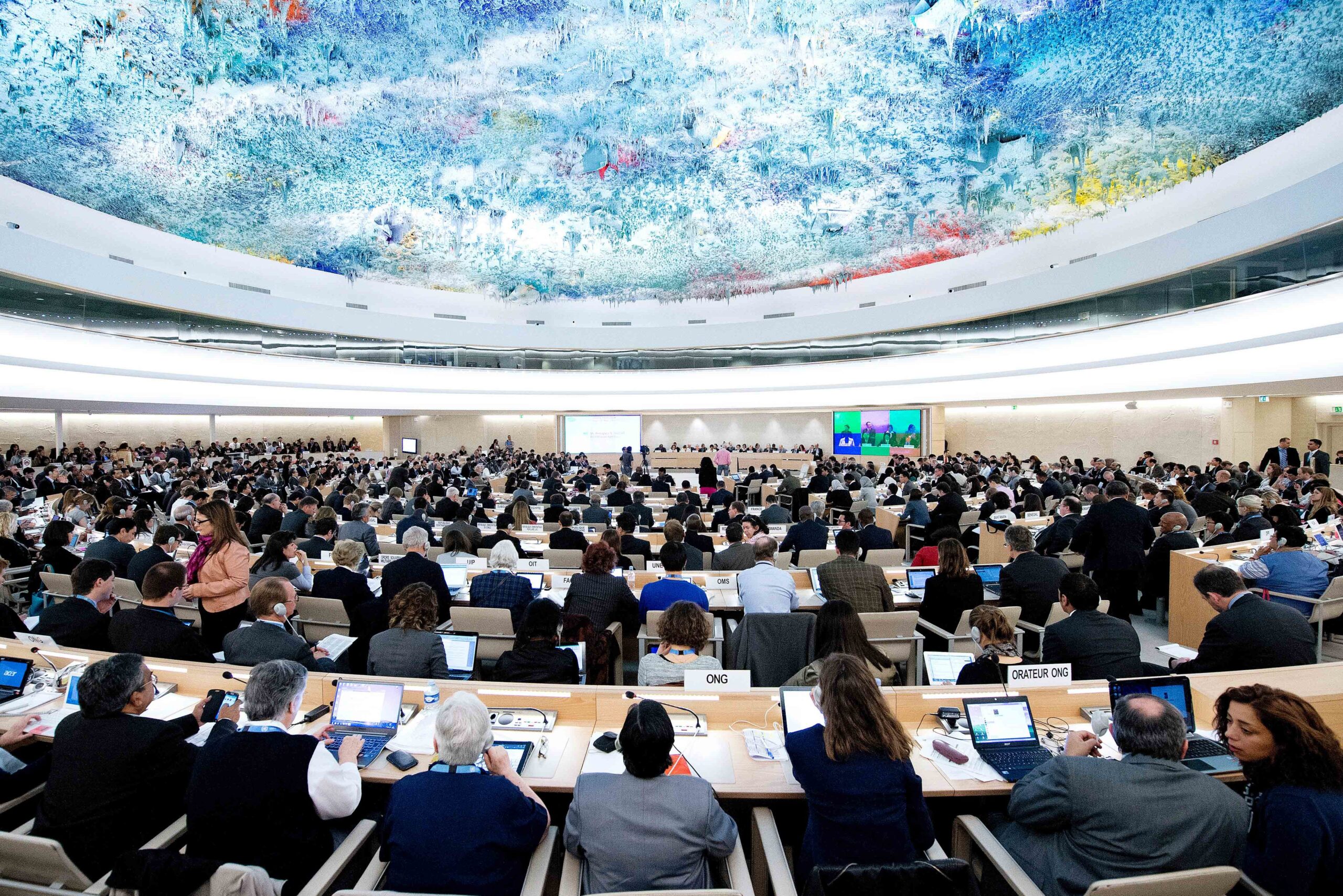The ICJ today joined International Service for Human Rights (ISHR) and other NGOs in emphasising that members of the UN Human Rights Council must reject procedural tactics that prevent the Council from engaging in substantive debates on human rights issues.
The NGOs are particularly concerned about the use of a so-called “no action motion”. A ‘no-action motion’ is a procedural motion by a member of the Council that prevents the discussion of a proposal or matter in the Council.
At the Council’s 26th session in June 2014, a ‘no-action motion’ was used to prevent the consideration of an amendment to the resolution on the ‘Protection of the family and all its members’ that would have added long-agreed UN language on diversity of family forms to the resolution. The “no-action” motion passed, with 22 votes in favour, 20 against, and 4 abstentions (with one member State being absent from the room). A minority of the Council membership was therefore able to prevent substantive debate on the amendment. Delegations were therefore never given the chance to express themselves (whether in terms of support or not) by voting on the proposal.
This was the first time that this stifling procedure was used in the Human Rights Council in connection with a thematic issue. The NGOs are concerned about the prospect of similar tactics at the current session.
The use of procedural tactics such as the “no action motion” to prevent consideration of issues by the Council is inconsistent with the purpose and mandate given to the Council by the General Assembly. (The “no action motion” is available at all in the Council only because the Council uses the generic rules of procedure for Committees of the General Assembly rather than rules of procedure specifically designed for the Council. Whatever its appropriateness in those other very different contexts, the “no action motion” rule should have no role to play in blocking discussion and consideration of any human rights issue of any kind by the Council.) Delegations that oppose a measure have every opportunity to vote against it after a full debate.
The NGOs affirm that a vote in support of a ‘no-action motion’ is censorship tantamount to opposition to the substantive question itself and will be seen that way, and urge all delegations not to support any such motions.
The joint open letter to States members of the UN Human Rights Council can be downloaded in PDF format here: Universal-HRCNoActionMotion-Advocacy-OpenLetter-2014-ENG

